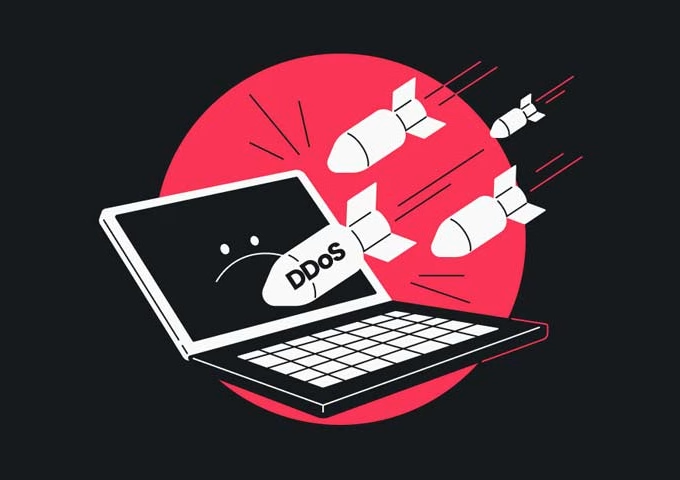Escape rooms are a great way to promote team building for corporate events. They provide a fun and engaging experience for participants of all ages.
Teams working well in escape rooms can transfer these skills into the workplace. They can also develop new ones!
Teamwork
An escape room is a fantastic technique to develop team bonds. Allowing employees to interact, share good tales and experiences, and acknowledge one another’s abilities may help build a more cohesive and effective team.
The puzzles and clues in an escape room challenge players to use their brainpower to quickly solve a series of mysteries and crack codes. But they must also communicate with their teammates to complete the task successfully.
Communication
Escape rooms force employees to communicate and work together under time pressure. This helps them develop a sense of trust and teamwork as they try to solve the puzzles.
Escape rooms also allow managers to see who their natural team leaders are. This can help them to choose the best people for different positions in their company.
Problem-Solving
One of the most important skills that teams can develop is problem-solving. Escape rooms are designed to challenge players to solve problems and use their critical thinking.
The ability to effectively solve problems can be transferred into the workplace and day-to-day life. This can improve productivity and morale, reduce stress, and promote a positive team culture.
One of the best ways to improve problem-solving in an escape room is to encourage creative thinking. This helps teams develop a new way of thinking and can help them solve problems they have been having in the past.
Leadership
Escape rooms in a party venue are a great way to improve team building for corporate events. Escape games are exciting and fun, unlike traditional team-building activities like staff meetings or weekend retreats.
Besides being a fun activity, escape rooms also effectively build employee trust and respect. Everyone must work together to solve the puzzles and challenges.
One of the most important skills in any team is leadership. Employees can become overwhelmed or unfocused when they need a clear leader. Seeing how a team member works as a unit in an escape room can help a company develop its leaders and encourage them to put their egos aside for the team’s greater good.
Decision-Making
Including your team in decision-making can improve the quality of your organization’s work. This means considering various opinions, backgrounds, and objections before concluding.
This type of group problem-solving is particularly effective for larger, more complex issues. Consider, for example, a business case that asks your team to enter a new market aggressively.
This can be daunting, especially for a manager who wants to finish the work quickly and efficiently. In this case, knowing the difference between tactical and operational decisions is important.
Creativity
Escape rooms offer employees an opportunity to think creatively and come up with new problem-solving strategies. This can improve team morale as they can get a sense of accomplishment when they succeed in solving the puzzles in a certain amount of time.
Employees will also see how well their teammates work together and communicate with one another. This is a vital skill that they can transfer to the workplace and will improve their productivity.
Decision-Making
Escape rooms are team-building events where players work together to solve puzzles and mysteries. This requires a high level of communication because some team members may be better at solving clues than others.
One of the most important skills for a group to have is decision-making. With it, the team will be able to succeed.











